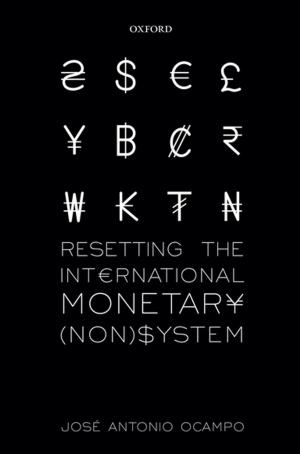Marginality, Canonicity, Passion
Fiction & Literature, Literary Theory & Criticism, Medieval, Nonfiction, History| Author: | ISBN: | 9780192550545 | |
| Publisher: | OUP Oxford | Publication: | June 21, 2018 |
| Imprint: | OUP Oxford | Language: | English |
| Author: | |
| ISBN: | 9780192550545 |
| Publisher: | OUP Oxford |
| Publication: | June 21, 2018 |
| Imprint: | OUP Oxford |
| Language: | English |
In recent years, the discipline of Classics has been experiencing a profound transformation affecting not only its methodologies and hermeneutic practices - how classicists read and interpret ancient literature - but also, and more importantly, the objects of classical study themselves. One of the most important factors has been the establishment of reception studies, examining the ways in which classical literature and culture have been appropriated or responded to in later ages and/or non-western cultures. This temporal and cultural expansion beyond the 'traditional' remit of the field has had many salutary effects, but reception studies are not without limitations: of particular consequence is a tendency to focus almost exclusively on the most canonical Greek and Latin texts which is partly due to the sheer scale on which they have been received, adapted, discussed, and alluded to since antiquity. By definition, reception studies are uninterested in texts which have had no 'success', but the result of an implicit adoption of canonicity as an unspoken criterion is the marginalization of other texts which, despite their inherent value, have not experienced so significant a Nachleben. This volume seeks to move beyond the questions of what is central, what is marginal, and why, to explore instead the range and significance of the classical canon and the processes by which it is shaped and changed by its reception in different academic and cultural environments. By examining the academic study of Classics from the interrelated titular perspectives of marginality, canonicity, and passion, it aims to unveil their many subtle implications and reopen a discussion not only about what makes the discipline unique, but also about what direction it might take in the future.
In recent years, the discipline of Classics has been experiencing a profound transformation affecting not only its methodologies and hermeneutic practices - how classicists read and interpret ancient literature - but also, and more importantly, the objects of classical study themselves. One of the most important factors has been the establishment of reception studies, examining the ways in which classical literature and culture have been appropriated or responded to in later ages and/or non-western cultures. This temporal and cultural expansion beyond the 'traditional' remit of the field has had many salutary effects, but reception studies are not without limitations: of particular consequence is a tendency to focus almost exclusively on the most canonical Greek and Latin texts which is partly due to the sheer scale on which they have been received, adapted, discussed, and alluded to since antiquity. By definition, reception studies are uninterested in texts which have had no 'success', but the result of an implicit adoption of canonicity as an unspoken criterion is the marginalization of other texts which, despite their inherent value, have not experienced so significant a Nachleben. This volume seeks to move beyond the questions of what is central, what is marginal, and why, to explore instead the range and significance of the classical canon and the processes by which it is shaped and changed by its reception in different academic and cultural environments. By examining the academic study of Classics from the interrelated titular perspectives of marginality, canonicity, and passion, it aims to unveil their many subtle implications and reopen a discussion not only about what makes the discipline unique, but also about what direction it might take in the future.















